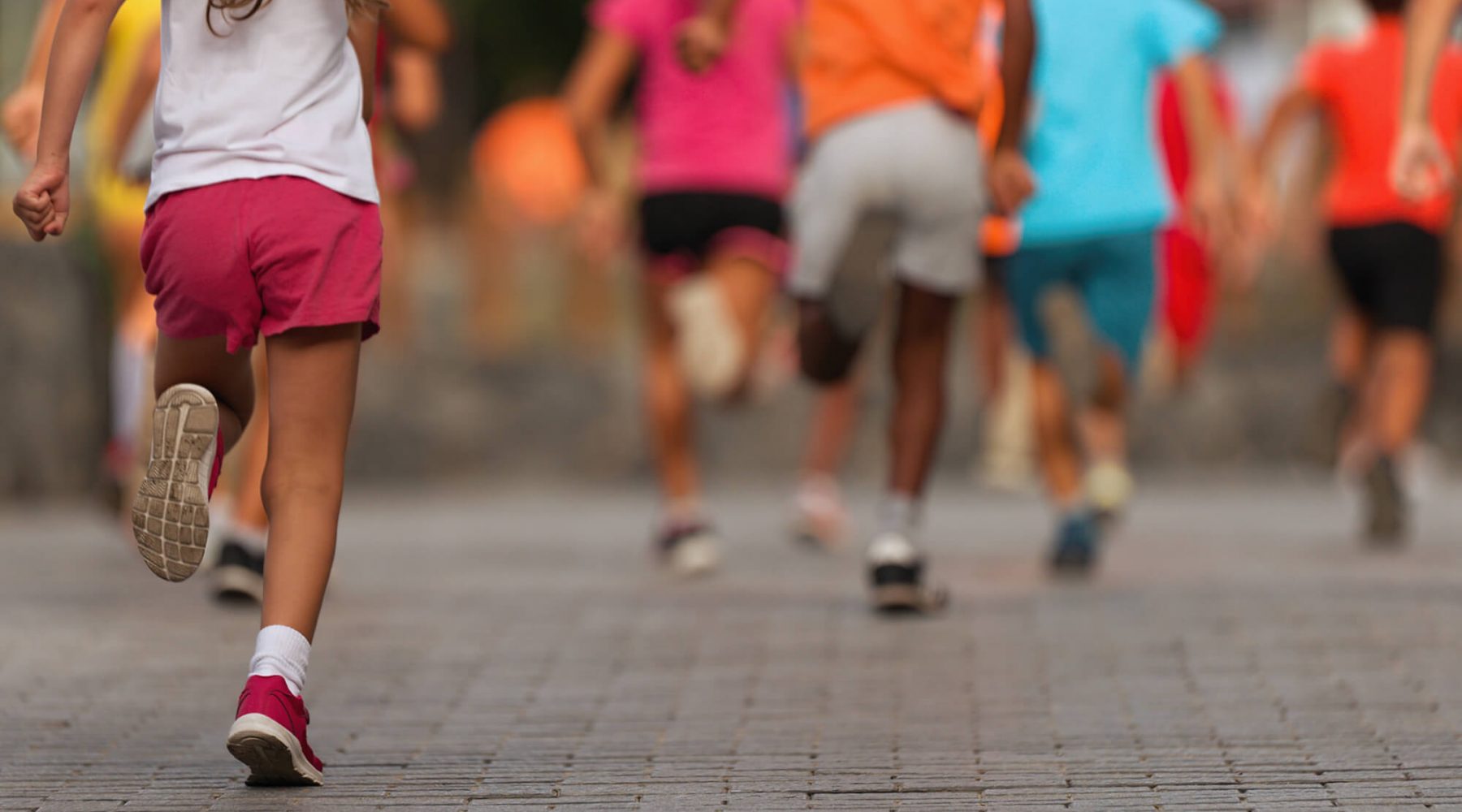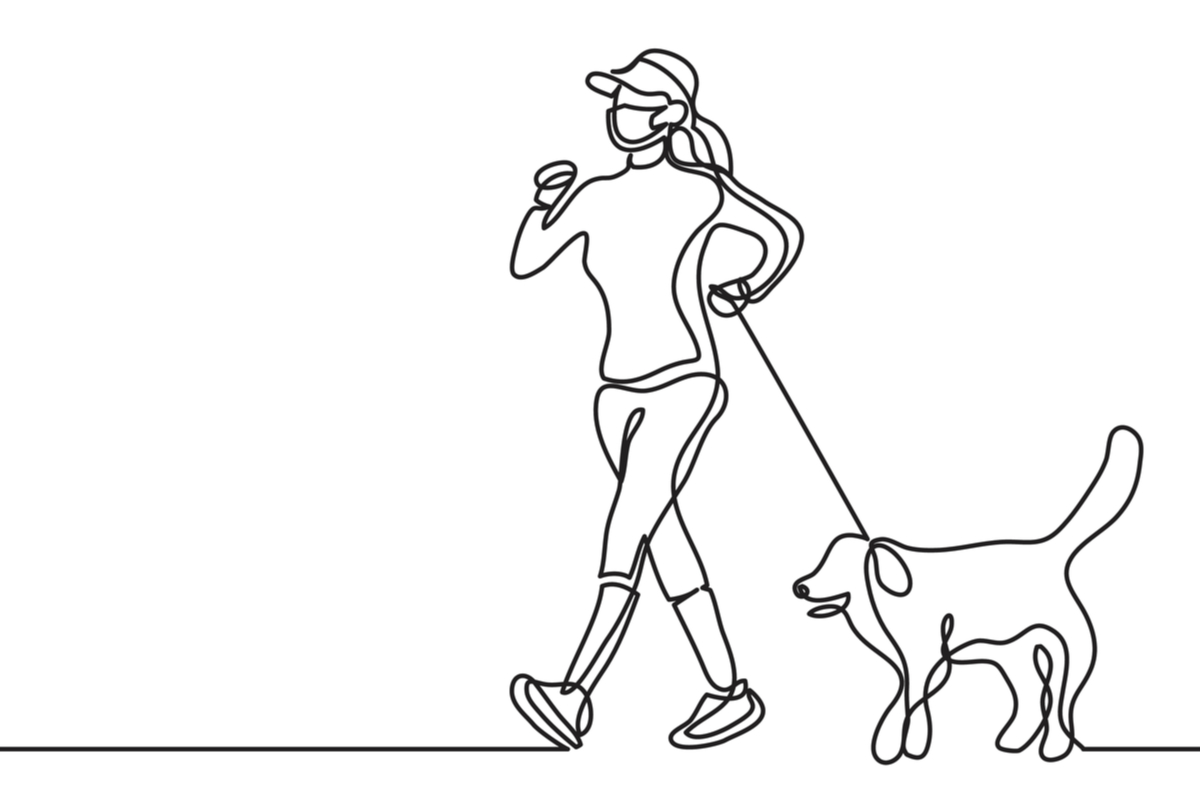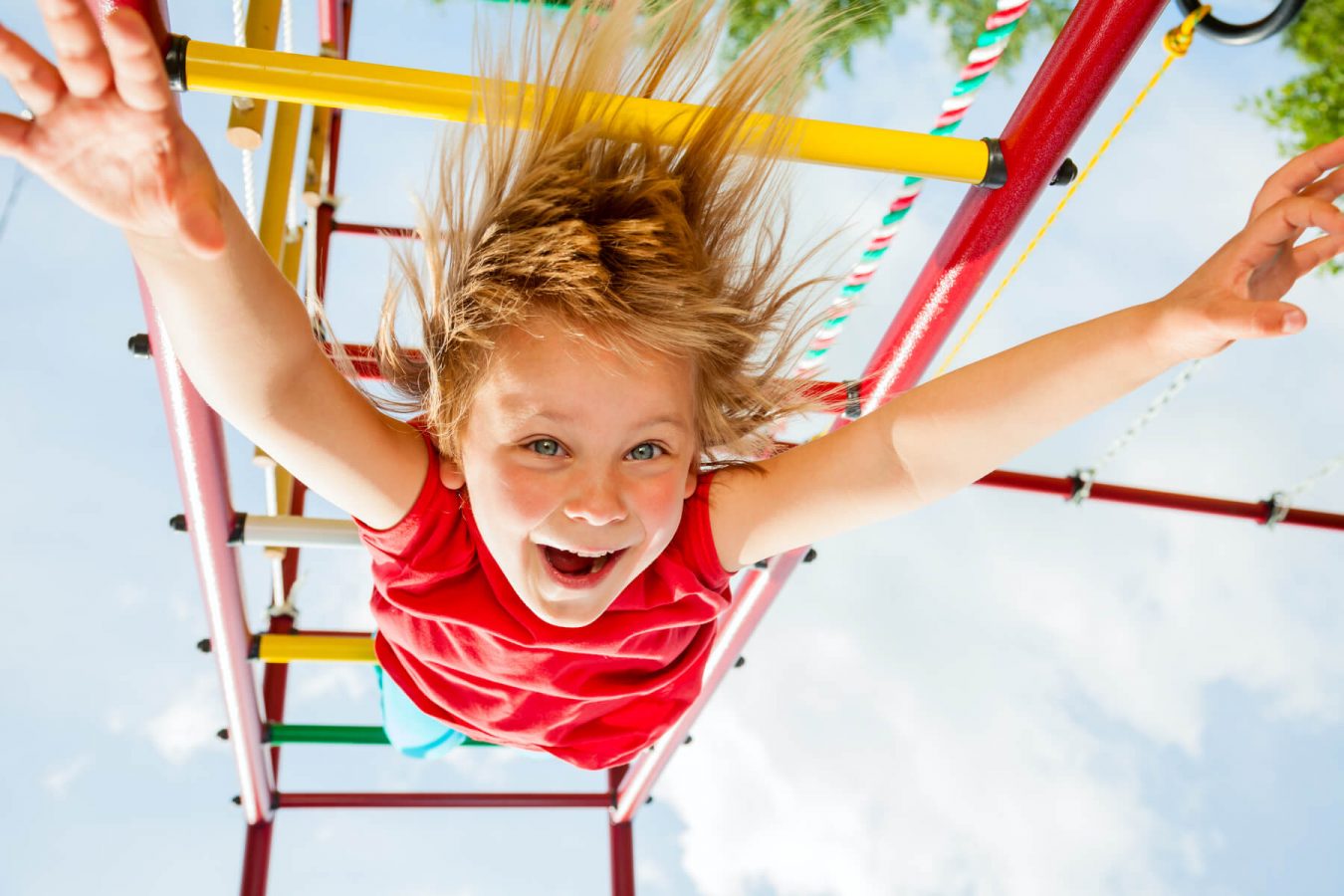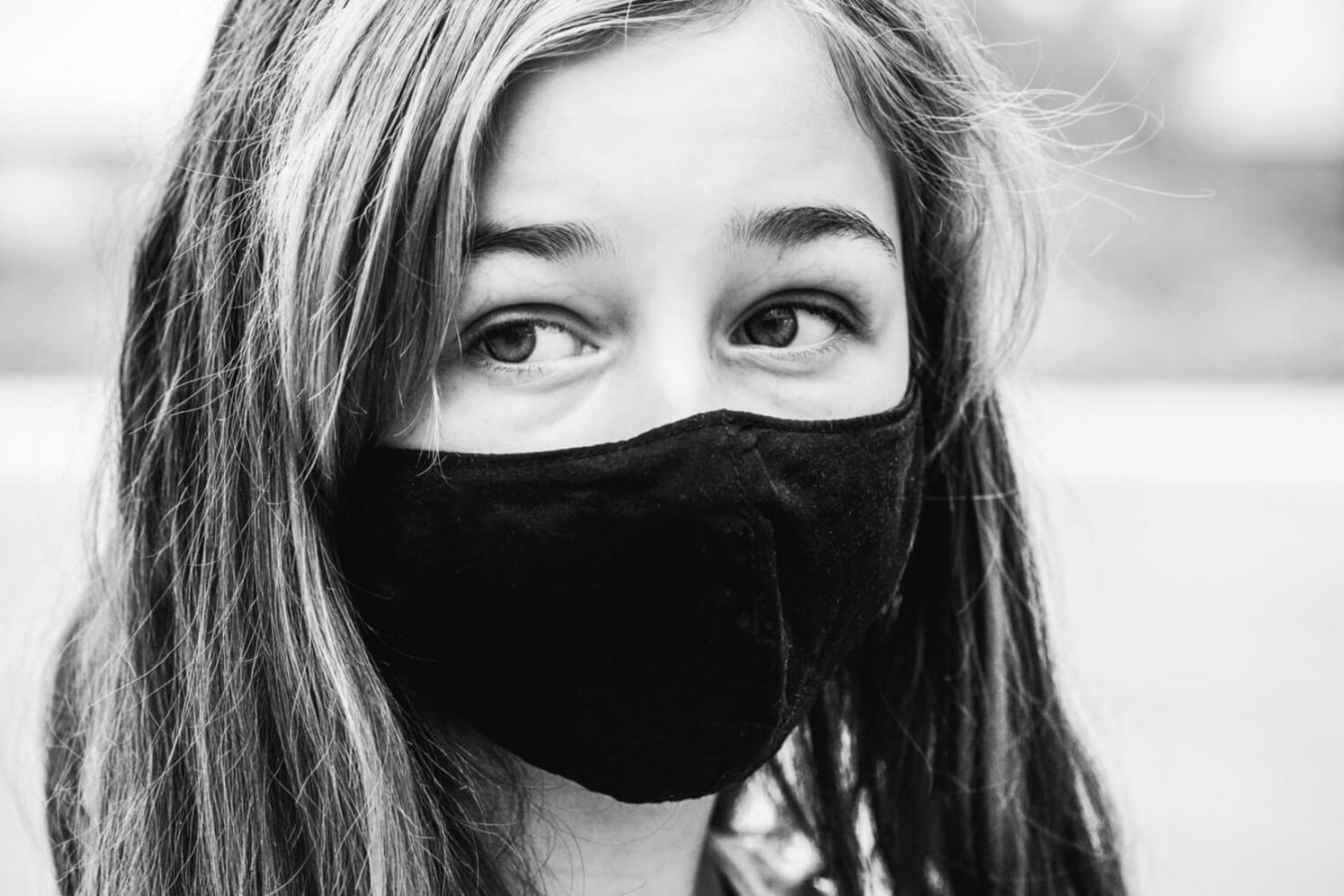
With increased screen time and a decline in physical activity among children during lockdowns, we'll need to monitor what happens next, write Tim Olds, Carol Maher and Verity Booth.
For most of our lives, the rhythms of our days are governed by crystallised routines: we get up, have breakfast, go to school or work, have lunch, dinner, watch TV, go to bed. For families, weekly routines often revolve around kids’ sport or active hobbies.
Then there are times in life when our routines are upended. Mostly these are life transitions like starting school or retiring. Less often, disruption stems from individual crises like sickness or job loss. Even rarer are social upheavals. The COVID pandemic is certainly one of those.
A number of surveys report changes in parents’ and kids’ physical activity and screen time during lockdowns. But what will this mean for their long term health and fitness?
Kids’ activity down, while screen time up
According to the Royal Children’s Hospital’s National Child Health Poll last year 42 per cent of parents said their kids had been less active, while only 13% said they had been more active.
The most recent report from Growing Up in Australia: The Longitudinal Study of Australian Children (LSAC) yielded similar results: 39 per cent of kids said they had been less active, 29 per cent more active.
An AUSPLAY survey of 20,000 Australians over 15 found 44 per cent of adolescents participated in fewer sports, compared to 31 per cent being involved in more sports. In 2020, out-of-school sports participation at least once a week dropped nationally from 55 per cent to 43 per cent compared to 2019.
One good marker of how active kids are is how much time they spend outdoors. In the National Child Health Poll 42 per cent of parents said their kids spent less time outdoors, compared to 14 per cent who said they spent more time outdoors. Since outdoor time is often limited to one hour during lockdown, the more active kids likely had their time curtailed.
Unsurprisingly, screen time has rocketed. Over half of parents in the same survey said their kids were spending more time using screens and digital media, even when online learning was excluded. Only 5 per cent said their kids were getting less.

Parents fared better, especially mums
The story is quite different for parents: 29 per cent say they are getting more moderate physical exercise, slightly more than those who say they are getting less (24 per cent).
The AUSPLAY surveys show an increase in overall levels of physical activity in adults. But these increases are driven almost entirely by women, and mainly middle-aged women. Perhaps women in this age group who have taken on more of the housework and home-schooling burden are using the time they used to spend commuting to go outside for a walk, take a break and socialise.
Under lockdown, some of the important venues for sports traditionally undertaken by men were closed, so team sports were down 40–50 per cent, and gym activities were down 36 per cent (though some undertook workouts at home). Meanwhile, common forms of physical activity for women were up – jogging (up 40 per cent), yoga and home exercises (up 39 per cent), walking (up 33 per cent) — as they remained feasible.
Some 58 per cent of parents are doing more exercise with their kids. The 35–54 year-old age group increased this kind of participation by 19–23 per cent.
Wait and see
As a society, it will be imperative that we closely observe trends in children’s (and adults’) activity, as these COVID trends have the potential to leave lasting scars with long-term health consequences.
Targeted efforts to address lockdown-related declines in physical activity may be needed. For now, there is cause for quiet optimism, with vaccination numbers growing, an easing of restrictions in sight, as well as the warmer, longer days of summer ahead.
Like this post? Please share using the buttons on this page.
Subscribe to The Parents WebsiteAbout the authors
Tim Olds is a Professor of Health Sciences at the University of South Australia.
Carol Maher is a Research Professor in the Alliance for Research in Exercise, Nutrition and Activity (ARENA) at the University of South Australia.
Verity Booth is a PhD candidate at the University of South Australia and an Accredited Exercise Physiologist.
This article first appeared on The Conversation, and is published here under the Creative Commons licence. You can read the original.


